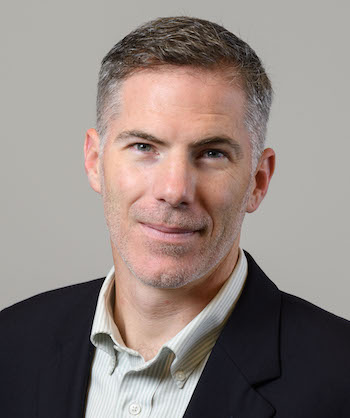From addressing grand societal challenges to navigating the future of work in the age of AI, our faculty highlight the pressing need for interdisciplinary approaches, inclusive practices, and innovative strategies to equip the next generation with the skills, values, and resilience necessary for success in today’s fast-paced world.

“Grand social challenges (e.g. polarization, authoritarianism, and xenophobia; the climate emergency; our fraught relation to technology) demand deep formative responses—shifts in how we form our values and capacities—that cannot be addressed by a single disciplinary perspective.”
Chris Higgins, Associate Professor and Department Chair, Department of Formative Education
"Adolescents and young adults need to gain experience and knowledge in how to navigate preparation for adulthood, defining themselves and their values. For example:
- How will they integrate into an ever-changing workforce and be ready for fast-paced changes in technology?
- How will they maintain health and well-being in a divisive world?
- How will they cope with climate change and the pressures it will put on daily life? ”
Jacqueline Lerner, Professor, Counseling, Developmental & Educational Psychology Department


“In literacy education, we are moving into a stage of heightened state-level scrutiny in terms of preparing elementary teachers. Teacher education needs to ensure that bilingual education and multilingual learners are not left behind as a result of research and policy that privileges monolingual English perspectives.”
Patrick Proctor, Professor and Department Chair, Teaching, Curriculum, and Society Department
"Expanded interest in career and technical education (CTE), has spurred research and policy innovation. Leveraging natural experiments to better understand mechanisms and heterogeneity while looking at whether CTE should prepare students for workforce entry or college."
Shaun Dougherty, Professor, Measurement, Evaluation, Statistics & Assessment Department


"In my field of vocational psychology and psychology of work, a number of themes are gaining much-needed attention: the future of work, particularly in light of AI; growing precarious work; inequality and continued racism in the workplace; and the possibility of living in a world without enough decent work for everyone who wants and needs to work."
David Blustein, Professor and Golden Eagle Faculty Fellow, Counseling, Developmental & Educational Psychology


